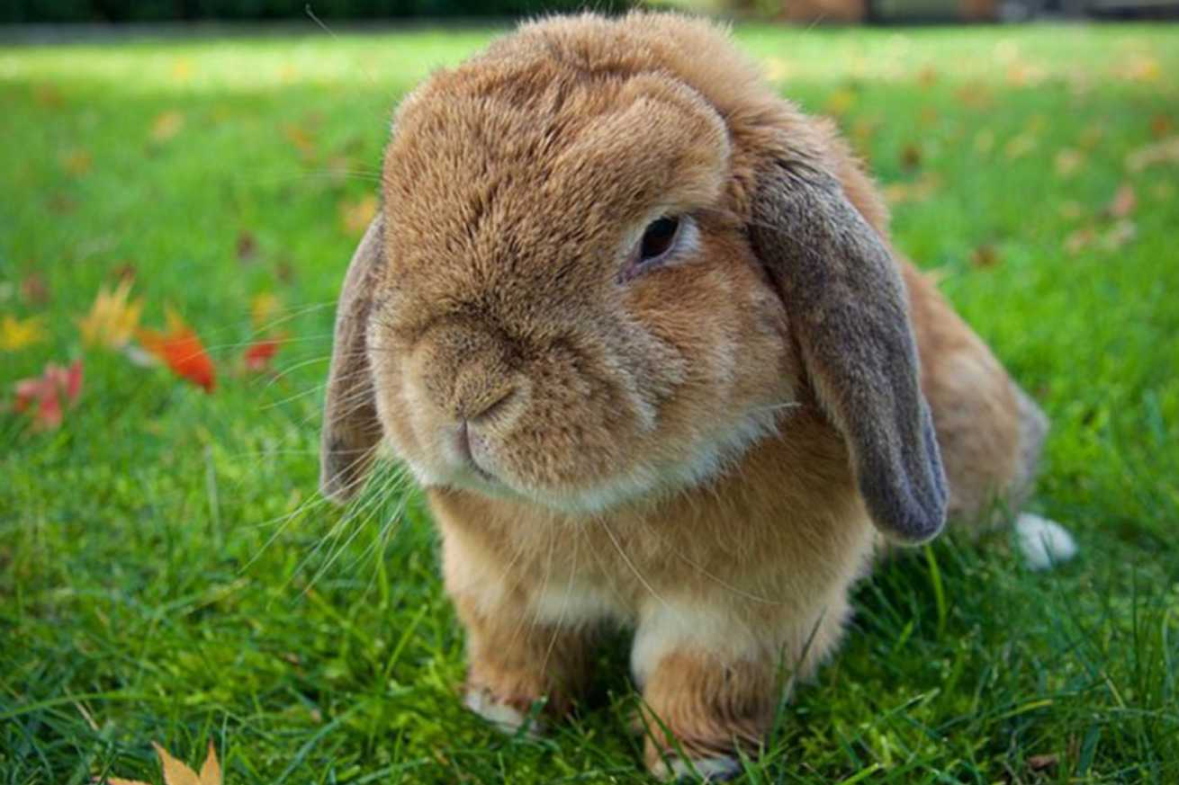When Does a Rabbit Stop Growing?
Rabbits are adorable small animals that many people choose to keep as pets. If you have a rabbit or are considering getting one, you may be wondering when they stop growing. Like many animals, rabbits go through various stages of growth before reaching their full size. Understanding the growth patterns of rabbits can help you provide the best care for your furry friend.

1. Early Life Growth
When rabbits are born, they are tiny and helpless. They rely on their mother’s milk for nutrition and growth. During the first few weeks of life, baby rabbits, called kits, will experience rapid growth. They will double their size within the first week and continue to grow quickly during the following weeks.
By the time they are three weeks old, kits will start to nibble on solid foods, such as hay and pellets. This marks the beginning of their transition to a diet that is less reliant on their mother’s milk.
2. Adolescence
After the initial rapid growth phase, rabbits enter adolescence. This period usually begins around three months of age and lasts until they reach sexual maturity, which is typically between four to six months old. During this stage, rabbits continue to grow, although at a slower rate than during infancy.
Adolescent rabbits will also start showing signs of behavioral changes and may become more territorial or independent. It is essential to provide them with enough space to explore and play during this period.
3. Sexual Maturity
Once rabbits reach sexual maturity, their growth rate starts to slow down significantly. The exact age at which a rabbit reaches sexual maturity can vary depending on the breed and individual factors. Generally, smaller breeds mature earlier than larger ones.
At this stage, rabbits will have reached their adult size, but they may still undergo some minor changes in weight and body shape as they age. It’s important to note that rabbits can continue to grow in other aspects, such as muscle development or the growth of their teeth and nails, throughout their lifespan.
Frequently Asked Questions
How big will my rabbit get?
The size of a rabbit will depend on its breed. Smaller breeds, such as Netherland Dwarfs or Mini Lops, typically weigh around 2 to 4 pounds as adults. Medium-sized breeds like Holland Lops usually reach between 4 to 6 pounds. Larger breeds, such as Flemish Giants, can weigh up to 14 pounds or more.
Can I predict how large my rabbit will be?
While you can estimate the potential size of a rabbit based on its breed, individual genetics and nutrition also play a role in determining its final size. Proper nutrition and a healthy lifestyle can help ensure your rabbit reaches its full growth potential.
How long does it take for a rabbit to reach its full size?
The time it takes for a rabbit to reach its full size can vary depending on its breed. Smaller breeds may reach their full size in six months, while larger breeds might take a year or more to mature fully.
Can rabbits grow too quickly?
Yes, rabbits can experience growth spurts, especially during their early weeks of life. Rapid growth can sometimes lead to health issues, such as skeletal deformities or obesity. It’s crucial to provide a balanced diet, monitor their weight, and consult a veterinarian to ensure healthy growth.
Rabbits go through various growth stages, starting with rapid growth as kits, followed by slower growth during adolescence, and finally reaching their full size at sexual maturity. Understanding these growth patterns can help you provide the best care for your rabbit and ensure its overall well-being.
Remember to provide your rabbit with a nutritious diet, adequate space, and regular veterinary check-ups to support healthy growth and development.
Related Articles…
Copyright Notice:
All images featured on this site are sourced from the internet, copyrights belong to respective owners. Should you own any image and require it to be removed, please contact us.